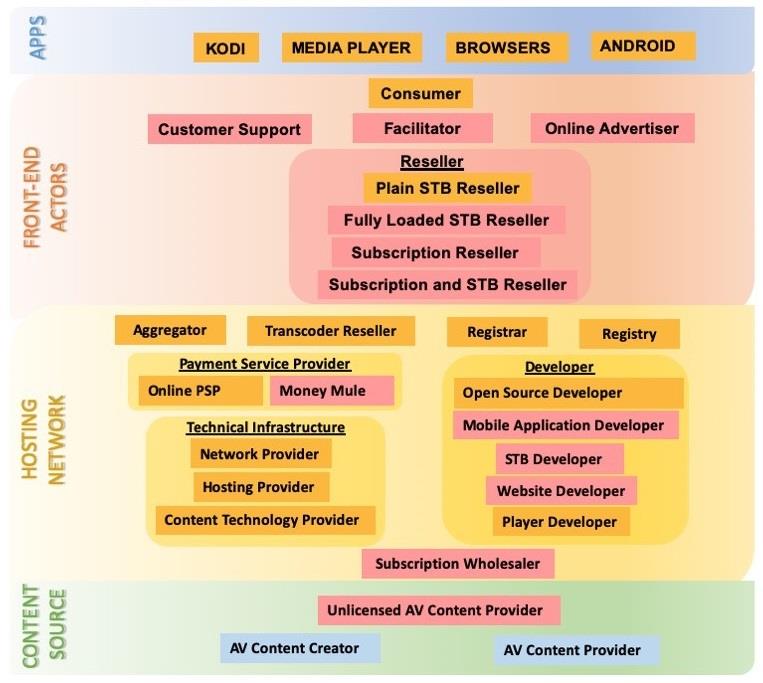Criminal enforcement measures
In addition to civil enforcement measures harmonised by the Enforcement Directive and the Information Society Directive, EU Member States also apply criminal procedure and penalties to ensure enforcement of intellectual property rights, in line with Article 61 of the TRIPS Agreement.
Comments closed

